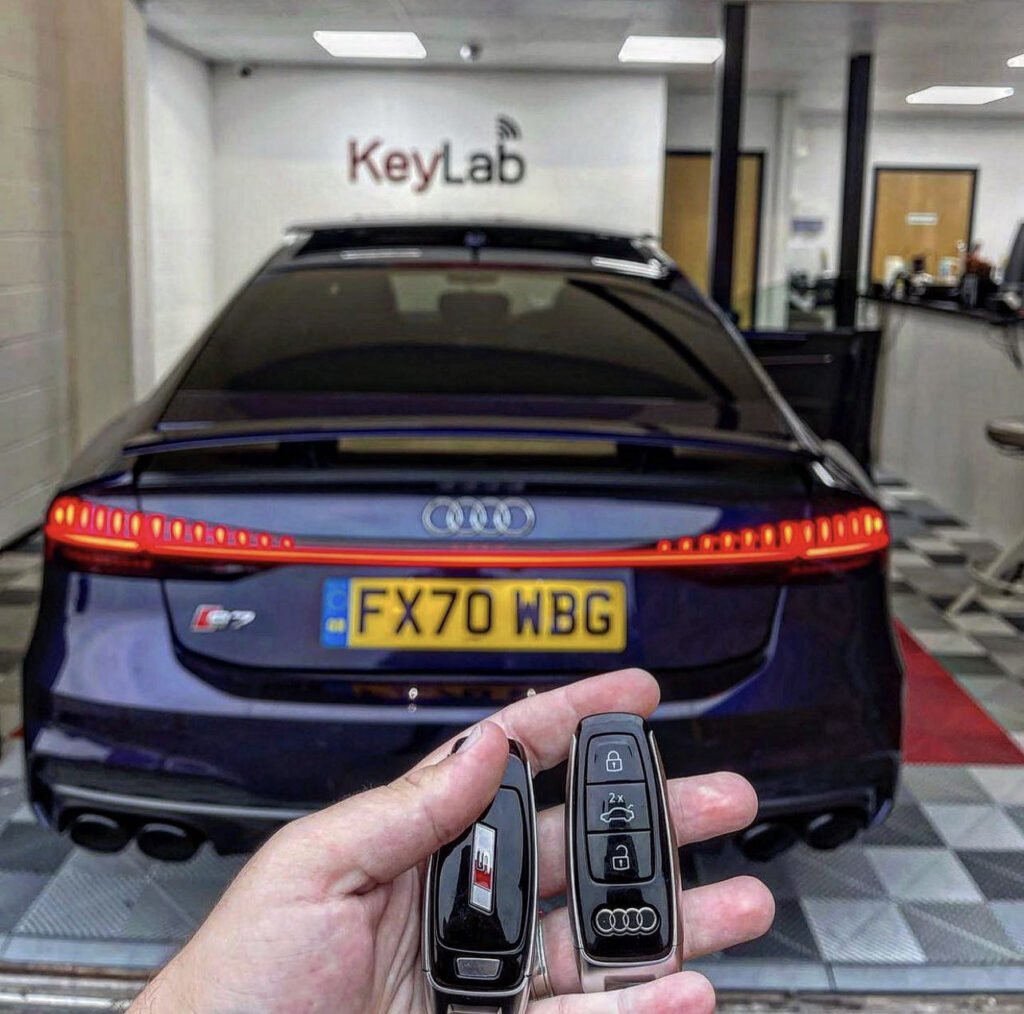Finding a Diagnostics Facility Near Me
If your car isn't operating well, you may have to have it diagnosed. A drivability test will reveal issues in your engine, transmission, suspension, brakes and/or steering. A diagnostics test for cars will determine if your car requires an oil change or transmission repair. Diagnostics can also reveal problems with the exhaust system of your car.
The first step in the diagnostics check is to check the engine light
Check engine lights that come on are an indication that your car needs a diagnostics test. The check engine light could indicate a number of problems that could cause your car's engine to go up. Sometimes, the problem is as simple as a loose cap on the fuel, but other instances, it's a sign of an electrical or transmission problem. If you notice that the light turning on for a prolonged period of time, bring your vehicle to a mechanic and have it diagnosed.
The vehicle's method of communicating with its owner is via the check engine light. It's an orange icon that blinks when the onboard computer detects trouble. Sometimes the problem is quickly resolved.
The check engine light is one of the most frustrating signs that a car may experience. It can be terrifying in the absence of knowing what it means. It can mean a variety of things, and it could be the result of a leaky gas cap or a malfunctioning oxygen sensor. The good thing is that this issue can be easily fixed with the proper tools.
Diagnostic tests will help you determine which areas need to be addressed. These tests can also help determine the amount of work that needs to be completed. In many cases, these tests can reveal whether the fuel injector or air flow, coolant ignition coils, throttle, or fuel injection system is malfunctioning. A diagnostics test is like a medical exam with the exception that mechanics employ computers to diagnose your vehicle.

The "catch-all" warning on the check engine light is intended to be used to warn
The Check Engine light could be an indication of a range of car problems. It can come on for a variety of reasons such as a leaky gas cap to a failing transmission. Most people who see this warning won't know what to do unless their car is taken to an expert mechanic who can perform computer diagnostic tests to determine the exact cause.
There are two reasons for the Check Engine Light to flash. One is a specific engine problem and the other is a catch-all. An OBD II scan is the first step to determine what's the cause of your Check Engine Light. Many shops are able to perform these scans for a minimal cost, or you could purchase a scanner yourself. While codes aren't able identify the root of the issue, they can point you to the right direction.
You may be thinking about what the reason is for why your check engine light appears after driving your car for a long time. This is not a problem that should be ignored. It could cause your car to experience poor performance and a low fuel efficiency. You may also emit more harmful pollutants into the environment. Furthermore, the longer you do not pay attention to a check engine light and the more damage it can cause.
The flashing check engine light indicates that the issue is urgent. If your car's light flashes the check engine light, it's time to bring it to an auto mechanic. This will ensure that the issue can be addressed as quickly as possible.
Car diagnostics can identify problems with exhaust, transmission or the oil tank
Car diagnostics are an excellent method of identifying problems before they become more serious. Modern cars come with an engine control unit (ECU) which analyzes the performance of the vehicle. If there is a problem the ECU's light will appear on the dashboard. The ECU will issue an error code when an problem is identified.
These tests will help a mechanic pinpoint issues with various parts of a car. These diagnostic tests use special software and diagnostic tools to identify issues with any system of the vehicle. They can pinpoint the root of the issue and inform you if it needs to be repaired or replaced.
Car diagnostics can identify problems in a variety of parts, such as the transmission, oil tank, or exhaust. Diagnostics on cars can quickly pinpoint any issue and help the mechanic fix it. It can also help prevent more serious problems from developing that will cost more money to fix.
Car diagnostics are the best method to find out whether your car has an issue. A mechanic can diagnose minor issues before it turns into serious. The cost of car diagnostics is contingent on the model and the make of your vehicle as well as any possible problems. A basic test could cost up to $40, while more detailed analysis can cost hundreds of dollars.
Finding a car diagnostics facility
If your vehicle is showing signs of trouble, it's time to take it to the shop to be examined. Modern cars have computer systems that monitor engine conditions as well as adjust ignition and fuel ratios automatically. The dashboard may show warning lights or even a code. It is crucial to locate a local car diagnostics facility which is able to perform these tests.
Locating a car diagnostics center close to you can help you avoid costly repairs. Diagnostic tests aren't all identical, and some auto repair shops make use of these diagnostic tests to boost their prices. Review the reviews of your local car diagnostic shop before deciding. Some companies even offer financing options to make car diagnostics affordable. Before you invest lots of money, make sure you have a reliable technician.
Conducting a diagnostics test on your car is vital as it helps detect problems before they occur. Some of the issues that cause the check engine light may be minor, like a faulty gas cap or a faulty gas cap, while others could be more serious and require expensive repairs. Finding a car diagnostics facility near me will allow you to delay waiting until the problem gets worse.
A full car diagnostic test is an excellent way to determine the cause of a problem in your vehicle and can be completed in minutes. These tests use computers to connect to microchips and sensors inside the car. This can reveal existing problems or issues with other systems. This can also offer a complete assessment of your vehicle. Technicians will scan your vehicle's onboard computer for diagnostic trouble codes, and then determine if there are any service notices issued by the manufacturer.
Cost of a diagnostics test
The cost of a diagnostics test may vary widely between locations. Diagnostic tests can cost anywhere from to $100 in certain areas while others could be completely free. It is dependent on the diagnostic test you need and whether you need replacing a component or an entire diagnosis.
The cost of COVID-19 diagnostic tests varies between $100 and $200, and can include laboratory work, specimen collection, and a doctor's visit. These costs can amount to more than $500, and it's recommended to find an medical facility that will accept your insurance. The tests are available free of charge at a variety of hospitals across the country. You can search on the internet to locate them.
Diagnostic tests are a great way to find out if your car having issues. The cost depends on whether you have a malfunctioning engine or a malfunctioning exhaust system. A general diagnosis can cost between $88 and $111, but can go as high as $400, so it's vital to understand what you're getting before you decide.
Modern vehicles come with an on-board computer that manages the automatic transmission and ignition system. It gathers information from a variety sensors. These signals are calibrated by the computer to ensure the highest performance. If there is a problem, it will light up an engine check light. Once the car is diagnosed by a technician, the technician will be able determine the cause and estimate the cost of repair.
